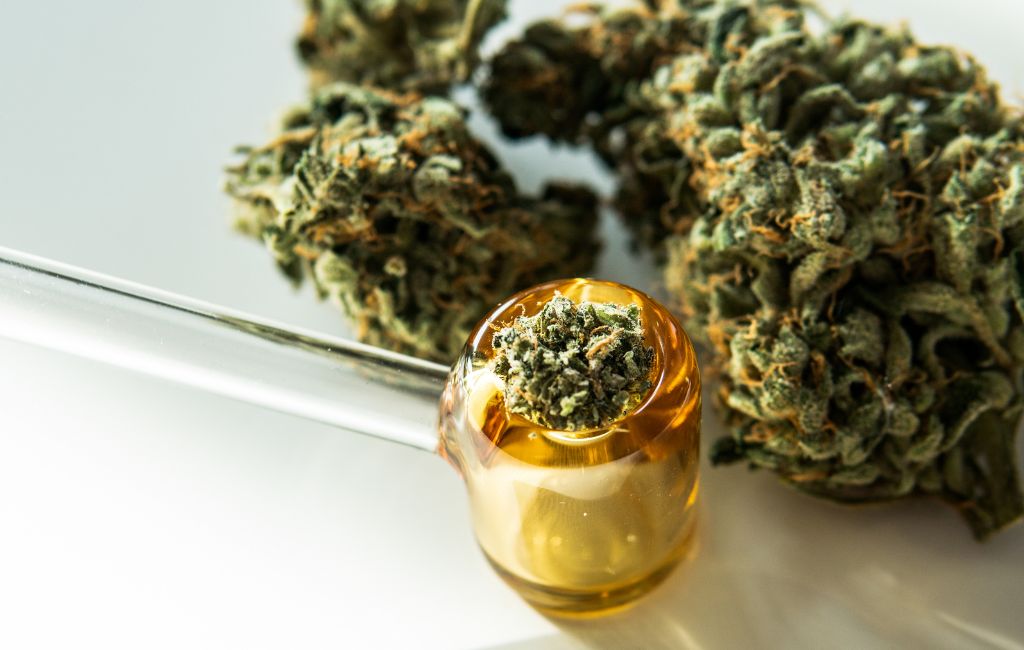THCa Potential: The Future of Cannabis Healing
The world of cannabis is evolving rapidly, with new discoveries and applications emerging regularly. One of the most promising developments is the exploration of THCa, a non-psychoactive cannabinoid found in raw cannabis plants. As research progresses, THCa potential therapeutic benefits is gaining attention, offering a new frontier in cannabis healing.
Understanding THCa
THCa, or tetrahydrocannabinolic acid, is the acidic precursor to THC, the compound responsible for the psychoactive effects of cannabis. Unlike THC, THCa does not produce a high, making it an attractive option for those seeking the medicinal benefits of cannabis without the psychoactive effects.
THCa is abundant in raw cannabis plants and converts to THC through a process called decarboxylation, which occurs when cannabis is heated. This transformation is why consuming raw cannabis does not produce the same effects as smoking or vaping.
Potential Health Benefits of THCa
Research into THCa is still in its early stages, but preliminary studies and anecdotal evidence suggest a range of potential health benefits:
- Anti-inflammatory Properties: THCa may help reduce inflammation, making it a potential treatment for conditions like arthritis and inflammatory bowel disease.
- Neuroprotective Effects: Some studies indicate that THCa could protect brain cells, offering hope for neurodegenerative diseases such as Alzheimer’s and Parkinson’s.
- Anti-emetic Benefits: THCa might help alleviate nausea and vomiting, particularly in patients undergoing chemotherapy.
- Antioxidant Properties: The compound may combat oxidative stress, which is linked to various chronic diseases.
Case Studies and Research
Several studies and case reports highlight the potential of THCa in medical applications:
A 2013 study published in the British Journal of Pharmacology explored the anti-inflammatory effects of THCa. Researchers found that THCa reduced inflammation in animal models, suggesting its potential as a treatment for inflammatory conditions.
In another study, published in 2017 in the journal Neurotherapeutics, scientists investigated the neuroprotective properties of THCa. The findings indicated that THCa could protect neurons from oxidative stress, offering a potential therapeutic avenue for neurodegenerative diseases.
Patient testimonials also provide compelling evidence of THCa’s benefits. For instance, some individuals with epilepsy have reported a reduction in seizure frequency and severity after incorporating THCa into their treatment regimen.
THCa vs. THC: A Comparison
While both THCa and THC originate from the same plant, their effects and applications differ significantly:
- Psychoactivity: THCa is non-psychoactive, whereas THC produces the characteristic high associated with cannabis.
- Medical Applications: THCa is being explored for its potential in treating inflammation, neurodegeneration, and nausea, while THC is often used for pain relief, appetite stimulation, and anxiety reduction.
- Legal Status: In many regions, THCa is not subject to the same legal restrictions as THC, making it more accessible for research and therapeutic use.
The Future of THCa in Medicine
The potential of THCa in medical applications is vast, but several challenges remain. More research is needed to fully understand its mechanisms and efficacy. Additionally, standardization of THCa products is necessary to ensure consistent dosing and quality.
As the legal landscape surrounding cannabis continues to evolve, opportunities for research and development in THCa are likely to expand. This could lead to new treatments and therapies that harness the unique properties of this cannabinoid.
Conclusion
THCa represents a promising frontier in cannabis healing, offering potential benefits without the psychoactive effects of THC. While research is still in its infancy, early findings and patient experiences suggest that THCa could play a significant role in the future of medicine. As scientific understanding deepens and legal barriers diminish, THCa may become a cornerstone of cannabis-based therapies, providing new hope for patients worldwide.
